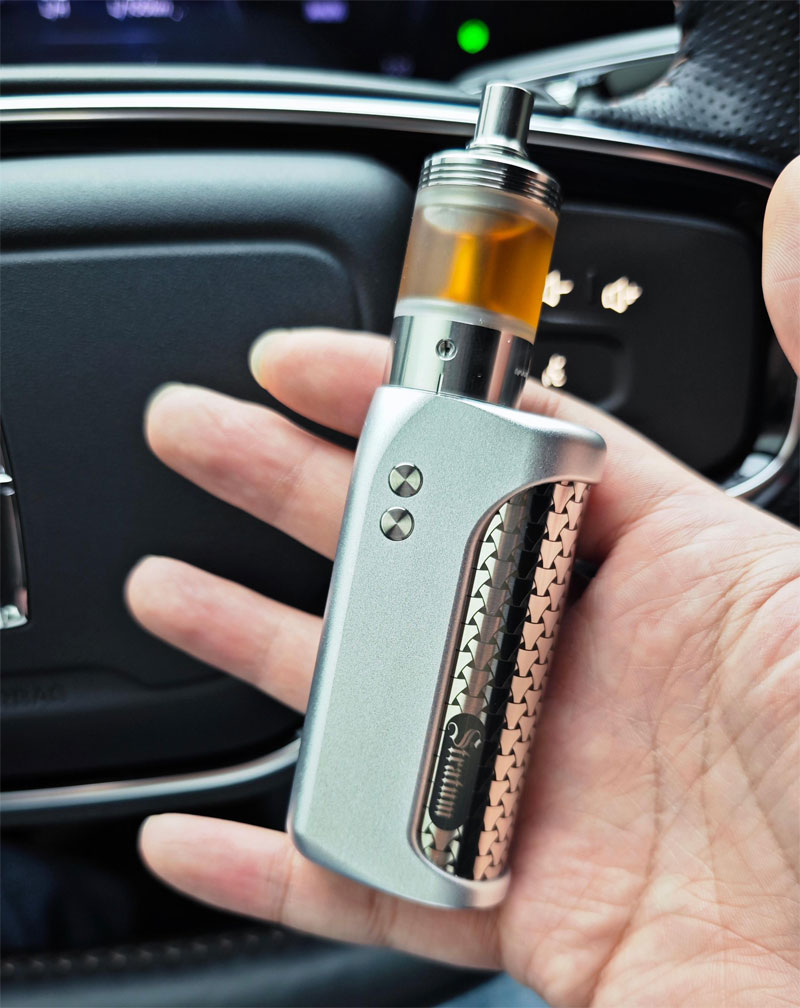Traveling with electronic cigarettes has become a topic of keen interest as their popularity continues to rise. Among the central questions for travelers is whether e-cigarettes can be packed in checked baggage during air travel. Understanding airline policies and safety regulations is crucial to ensure compliance and avoid any potential issues at the airport.
What Are E-Cigarettes?
E-cigarettes, often referred to as vapes, are battery-operated devices designed to deliver nicotine, flavorings, and other chemicals in the form of an aerosol. These devices have become widely used as alternatives to traditional tobacco products, but their unique components, especially the batteries, create specific challenges for air travel.
Are E-Cigarettes Allowed in Checked Luggage?
Most airlines and aviation regulators, including the Federal Aviation Administration (FAA), have explicit rules about carrying e-cigarettes. While these devices offer convenience for smokers, their lithium-ion batteries categorize them as potential fire hazards. As a rule, electronic cigarettes should not be packed in checked luggage due to the risk of overheating or accidental activation, which could lead to severe safety incidents.
The Role of Lithium-Ion Batteries
Lithium-ion batteries are a remarkable invention but come with potential risks, especially if they are damaged or exposed to extreme conditions. Should a battery malfunction during the flight, the potential for fire danger increases, which is why airlines restrict their placement in checked baggage.

Essential Guidelines for Carrying E-Cigarettes
- Always pack e-cigarettes in your carry-on baggage.
- Disassemble the device if possible and store the batteries in separate, protective cases.
- Research specific airline protocols and any restrictions related to vaping devices.
- Be updated on international policies if traveling abroad, as some countries might ban e-cigarettes altogether.

Adhering to these guidelines can simplify the boarding process and ensure you remain compliant with safety protocols.
Understanding Liquid Rules for Vape Devices
E-cigarettes often require liquid to function. These liquids are subject to the TSA’s “3-1-1 liquids rule,” which limits the amount of liquid you may bring through security checkpoints. Ensure your vape juice containers are no larger than 3.4 ounces (100 milliliters) each and stored in a clear, quart-sized plastic bag along with your other liquid items.
Countries with Restrictions or Bans on E-Cigarettes
If you’re traveling internationally, it’s crucial to research whether your destination allows the possession or use of e-cigarettes. Countries such as Thailand, India, and Singapore impose stringent regulations or outright bans on these devices, and possessing them could lead to fines or legal action.
What Happens If You Violate Airline Rules?
Failing to comply with airline or TSA regulations regarding e-cigarettes can result in confiscation of your devices, delays during security checks, or even fines. In severe instances, you may be barred from boarding your flight. It’s always better to double-check your airline’s guidelines before packing.
Tips for E-Cigarette Enthusiasts
- Use vape travel cases to keep your items organized and safely stored.
- Invest in high-quality devices with built-in safety features to lower risks during air travel.
- Know the rules for transporting spare batteries, as most airlines allow only a limited number per passenger.
FAQs About Traveling with E-Cigarettes
Q: Can I use my e-cigarette on the plane?
A: No, the use of e-cigarettes is strictly prohibited on all commercial flights due to health and safety concerns. You may only use them in designated smoking areas at airports.
Q: Can I carry spare batteries for my e-cigarette?
A: Yes, spare batteries are allowed, but they must be placed in your carry-on luggage and stored in a protective case to prevent accidental activation or contact with metal objects.
Q: What should I do if I’m traveling to a country that bans e-cigarettes?
A: Avoid bringing your device altogether. Research your destination’s laws in advance to prevent any legal complications during your trip.
